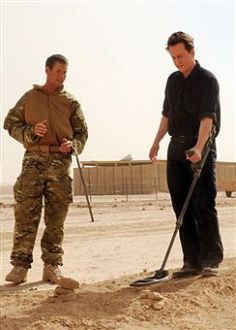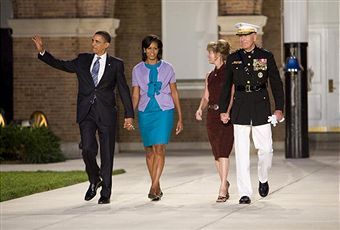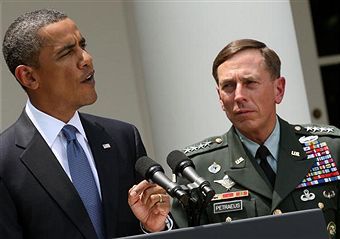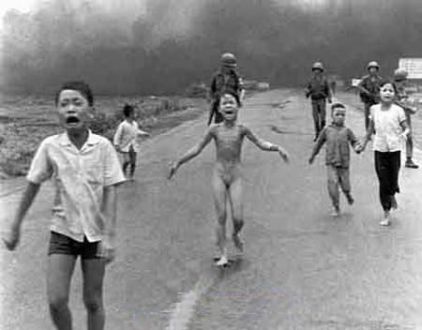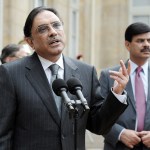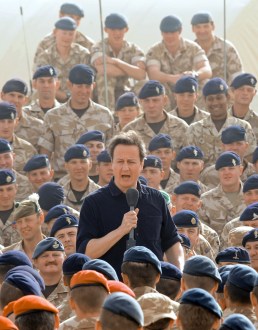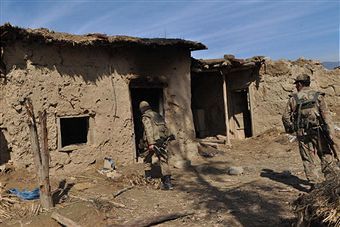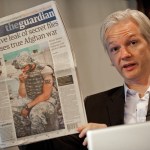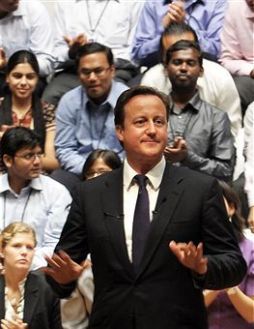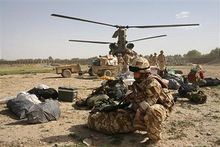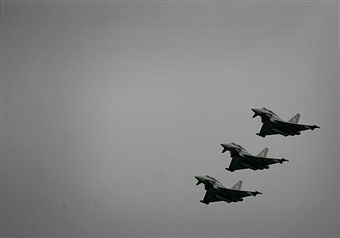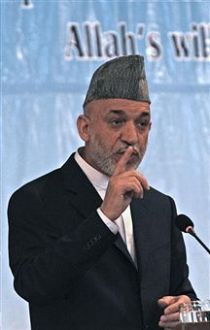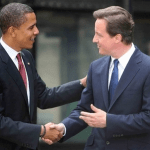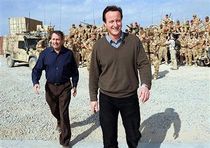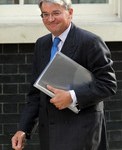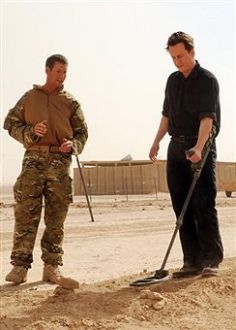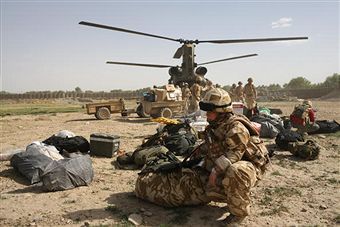Cameron’s close shave
As Paul Goodman notes, being Prime Minister means taking risks. So perhaps we shouldn’t be surprised to read in the Times (£) that, during his recent trip to Afghanistan, the security threat to David Cameron was more urgent than previously thought: “At the time Downing Street played down the incident, saying that it should not be seen as a huge security issue. But The Times can reveal that senior military figures are demanding changes to the way in which future visits to war zones by Mr Cameron and other senior Whitehall figures are conducted. They believe that the Taleban knew which helicopter was carrying Mr Cameron and are deeply concerned
